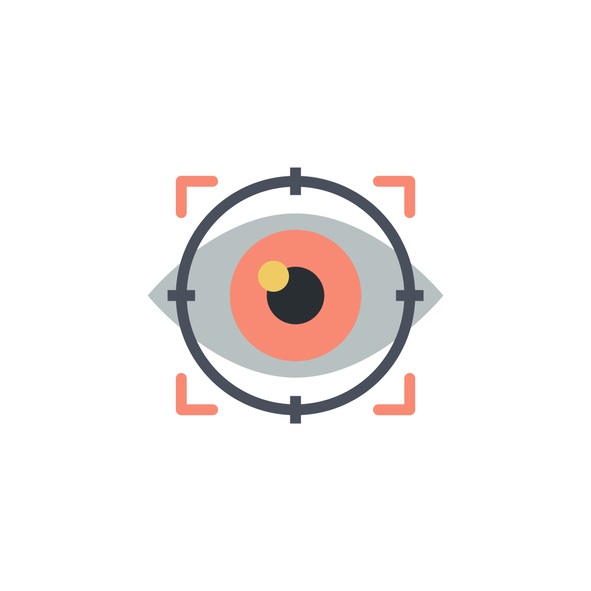
The product development lifecycle of drugs is longer than many people think. New therapeutic products, which are drugs or biologics, undergo a complex process that takes approximately 10 to 12 years from start to finish. When you work in clinical research, you will play a role in the industry that brings new drugs and medical devices to market. There are many stages to this process, all of which are important. Without clinical research, this process wouldn’t be complete. Read on to learn more about what’s involved in a drug lifecycle, with a focus on why clinical research is an integral part of the process.
Drug Discovery for Students in Clinical Research Courses
Not only is the drug lifecycle long and expensive, but it also begins long before clinical trials start. Before they can be tested in trials, drugs need to be discovered. These drugs are found through biomedical research, using:
- Biochemistry and molecular biology
- Physiology
- Microbiology
- Pharmacology
A drug candidate, or a molecule that has desired medicinal properties, is identified, after which the process moves on to further testing. Synthesis is used to explore the chemical properties for the candidate. Characterization is used to clarify and understand physical and chemical properties, and this provides information and predictions related to the drug’s performance and function. Understanding the value of these discoveries will further motivate you in your clinical research courses, as you work towards a career making a difference in pharmaceuticals.

Discovery of medicinal properties in molecules is the first stage of a lifecycle
Phases of Trials You Should Know if You Have a Clinical Research Diploma
Clinical trials verify whether a product is safe and effective for use. There are three phases involved in this stage, which are:
Phase 1:
- This is the first phase of testing on humans
- Generally tests are done on a small number of people, usually healthy but sometimes with a specific illness or condition
- Testing screens for safety and efficacy in delivering benefits to a targeted area

Phase 1 is when testing begins on human patients
Phase 2:
- Only done if phase 1 was successful
- Usually testing is on a larger group of people and most of the time includes patients with the disease or condition that the product aims to treat
- Sometimes a placebo is used on some patients in this stage for comparison
- Testing is to determine effectiveness of the product in treatment and prevention, as well as optimal dosing levels
Phase 3:
- Conducted after encouraging results are found in phase 2
- Much larger groups of patients are used in this phase, often with hundreds to thousands of people participating
- Sometimes participants are from a range of geographical locations
- Testing determines safety and effectiveness, specifically in the patients the drug is designed for
- Dosing levels, side effects, and risks are also determined in this phase, in addition to comparisons with results of other treatments
Sometimes, a fourth phase is added to the clinical trial stage. This is only when there is a need for the medicine to be improved or there are unanswered questions that must be given to regulatory bodies. The multiple phases ensure that detail and accuracy is applied to new drugs. If you’re earning a clinical research diploma, you already know the value of these factors when handling drugs that may eventually go to market and be accessible to the public.

When more questions are left unanswered, further research may be conducted in a fourth phase
Are you interested in clinical research courses in Toronto?
Contact AAPS to learn more!



